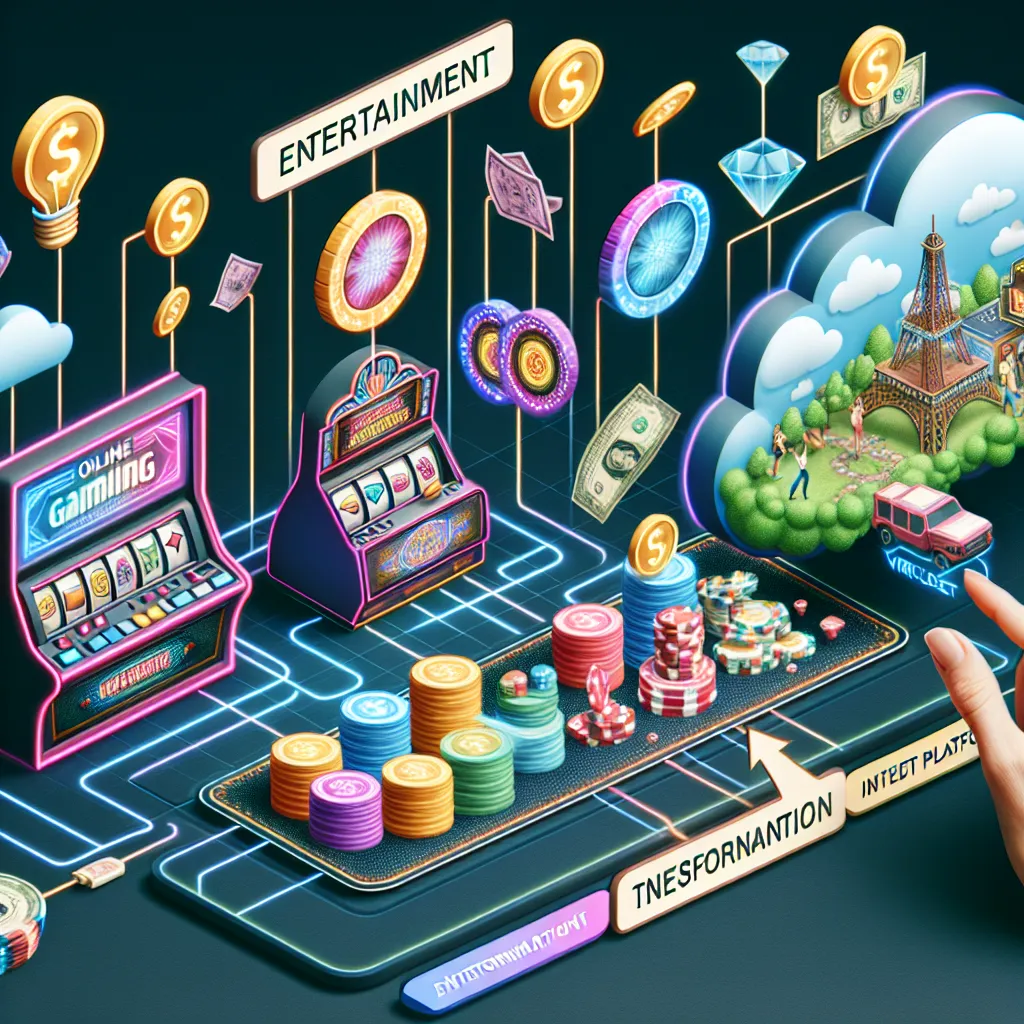What is Pogo?
When I first heard about Pogo, I was stuck trying to find a reliable online gaming platform that offered a variety of games without the usual hassle of complicated sign-ups or sketchy sites. I stumbled upon Pogo quite by accident while searching for casual games to unwind after work. At first, I wasn’t sure what to expect; my initial doubts centered on whether it was just another flashy website or something genuinely trustworthy. I quickly learned that Pogo is a well-established online gaming platform that offers a broad range of casual games, from puzzles and card games to more competitive multiplayer experiences.
My first real encounter with Pogo was when I decided to try their classic game collection. The user interface was straightforward, which was a relief compared to other platforms I’d tried before. What stood out was the sense of community—leaderboards, chat options, and tournaments made the experience more engaging than I anticipated. It was clear that Pogo wasn’t just about playing games; it was about connecting with others who shared similar interests. This was a game-changer for me because I was looking for more than just a time-killer—I wanted a platform that felt secure and credible, and Pogo delivered on that front.
How to Use Pogo?
Getting started on Pogo was simpler than I expected, but I did run into a couple of unexpected issues early on. For one, I underestimated the importance of creating a strong, unique password, which led to a brief scare when I thought my account might have been compromised. That experience taught me the value of the platform’s security measures, as Pogo’s tech team monitors activity 24/7 to ensure player safety. Their commitment to security was reassuring, especially knowing they use leading programs and protocols to protect personal information.
The sign-up process itself was smooth, and I appreciated that Pogo operates under the Philippines gaming license issued by PAGCOR. This regulatory oversight means the platform adheres to strict rules around player protection and responsible gaming, which was a big factor in my decision to stick with it. Navigating the site to find games was intuitive, and I quickly discovered that each game came with clear instructions and helpful tips, reducing the learning curve significantly. My advice to new users is to take advantage of the tutorials and community forums—they helped me avoid common mistakes, like mismanaging in-game tokens or missing out on special events.
Is Pogo Safe and Legal?
When I first started playing on Pogo, I was concerned about the legality and safety of online gaming platforms. I had heard stories about fraudulent sites and unregulated casinos, so I was cautious. However, knowing that Pogo operates under the PAGCOR license gave me peace of mind. PAGCOR is an independent regulatory body in the Philippines that ensures online casinos follow rigorous standards, which means players like me are protected by law.
This legal framework isn’t just a formality—it reflects Pogo’s dedication to trust and credibility, principles that have defined the company since its founding in 2006. I remember reading about how 22TWO, the award-winning provider behind Pogo, prioritizes player protection and responsible gaming. That information made me more confident in spending time and money on the platform. The fact that their security team works around the clock to monitor the site further reassured me that my data and gameplay were safe. For anyone skeptical about online gaming safety, Pogo’s transparent approach and regulatory compliance make it a platform worth considering.
Who Should Use Pogo and Who Might Not?
In my experience, Pogo is ideal for casual gamers who want a reliable, secure, and engaging environment to enjoy a wide variety of games. I found it particularly suited for players who appreciate community features like chat and tournaments but also want the assurance that the platform operates legally and securely. Friends of mine who are more competitive or looking for high-stakes gambling might find Pogo less appealing, as it focuses more on casual and social gaming rather than intense betting.
One mistake I made early on was trying to jump straight into competitive games without exploring the casual options first. That led to frustration because I wasn’t familiar with the game mechanics or community etiquette. Once I slowed down and took time to explore the different game modes and engage with other players, my experience improved dramatically. I’d recommend Pogo to anyone who values a trustworthy platform with a long-standing reputation, backed by a company like 22TWO that has been shaping the online gaming industry since 2006. However, if you’re looking for a quick, high-risk gambling fix, this might not be the best fit.
If you’ve tried Pogo or are considering it, I’d love to hear your thoughts or experiences. Feel free to comment below, save this post for later, or share it with friends who might benefit from a trustworthy gaming platform.



